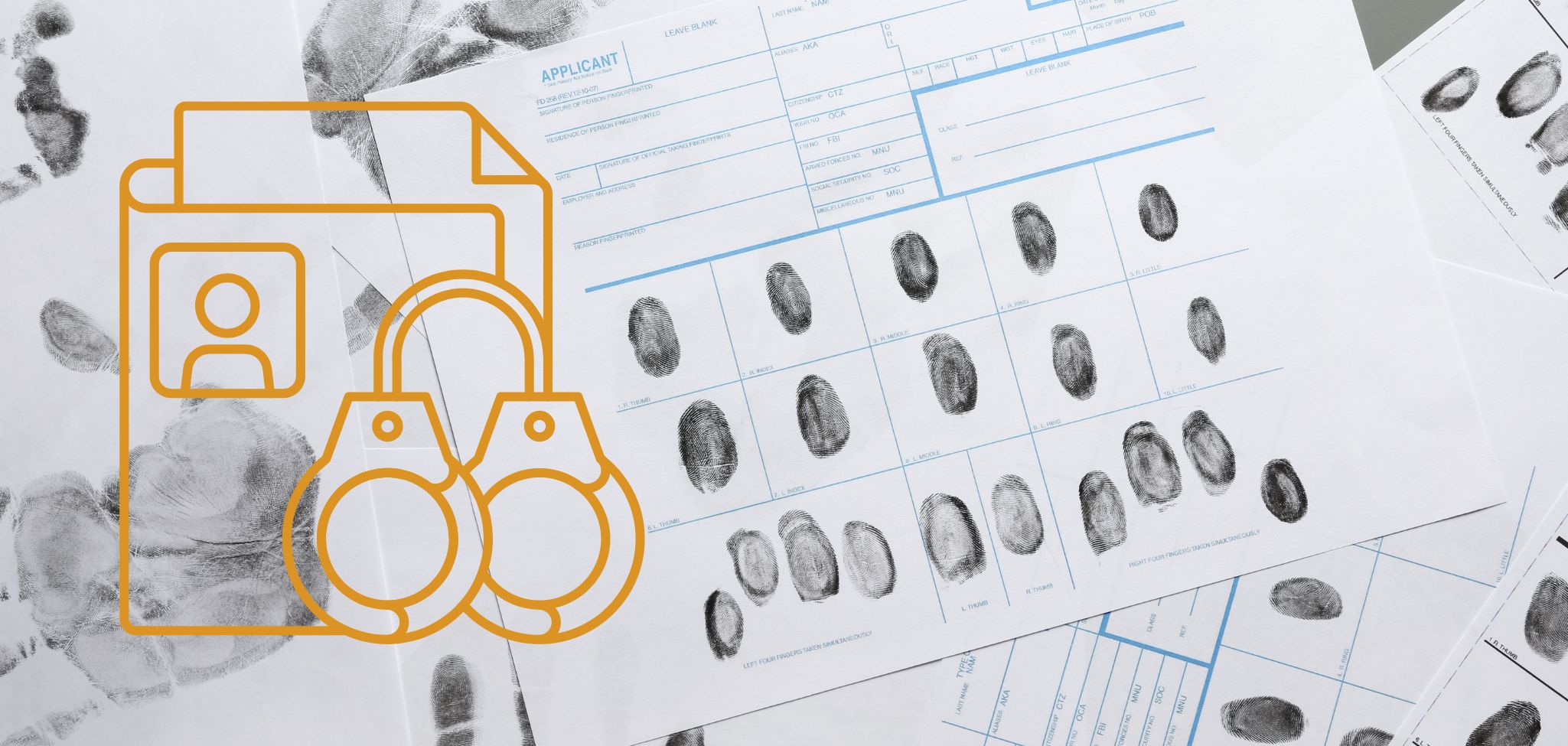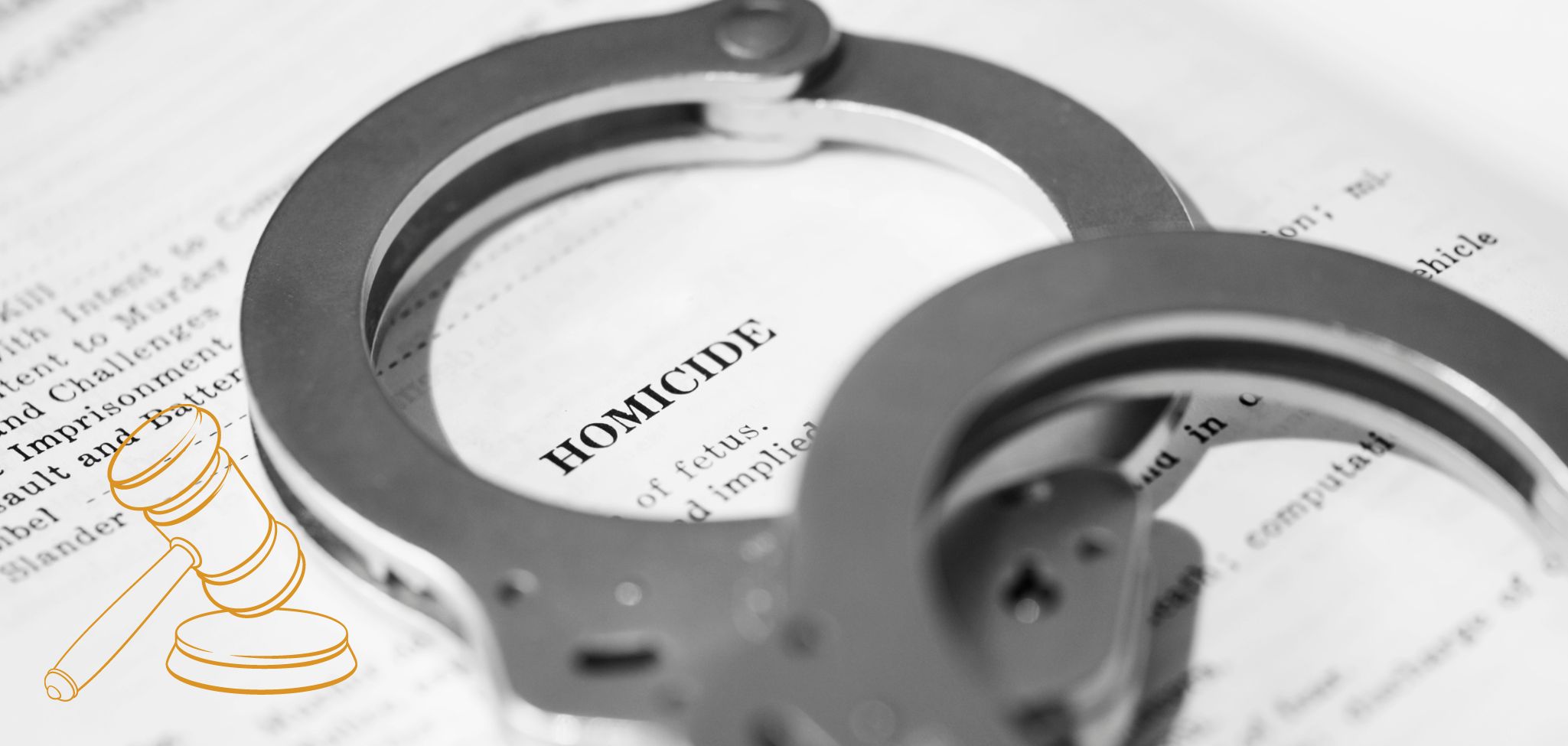The prosecutor is responsible for presenting the state’s case to the court to try and prove the defendants guilt. They are an integral aspect of the criminal justice system. The prosecution’s main role is to act in the best public interest and seek justice for victims of violence or harm.
The prosecution is required to adhere to professional functions and execute all duties fairly as part of their role. Unlike defence lawyers, prosecutors are representatives of the state and the only matter they take before the court are matters which they believe can be successful.
A prosecutor is not someone you can hire to assist you with your matter. They are solely representatives of the state against individuals. If you require assist acne with any criminal matters, you should contact Jameson Law to be put in touch with an expert criminal lawyer who can assist you.
What Is The Difference Between A Prosecutor and A Defence Lawyer?
All legal counsel have a first and foremost duty to the court, even above the duty to their client. They have an obligation never lie to the court and to always act in an ethical manner. It would be the greatest breach of professional conduct to mislead the court and it could be punishable by disbarment or other penalty.
Even if the prosecutor believes that they are acting within a greater means, they must stay within the ethical bounds. Professional obligations are legislation bearing as they form part of the solicitor’s conduct rules or other acts specific to the state of practice.
As already somewhat discussed above, a prosecutor acts for the state against defendants who are alleged to have breached the criminal code. Usually, there will be a public prosecutor or crown prosecutor if it is a Supreme Court matter or a federal prosecutor if the matter is of a federal level.
Public prosecution look to present evidence which supports the charge or charges the police have made. All such evidence is presented before either a singular magistrate, judge or jury who make a determination of guilt. All relevant evidence needs to be presented at the time the matter is determined for it to be considered.
Prosecutors can either work directly for the police department and as such as referred o as police prosecutors or they can work for the Department of Public Prosecutions and have no direct affiliation for the police. In any event both work for the interests of the state.
In any given matter there can be either a single prosecutor involved or there can be multiple. This is the same with the defence as there can be one singular defence lawyer or there can be a team of defence lawyers involved in the matter. This can be influenced by the amount of charges, defendants or the severity of the offending.
Defence lawyers or defence counsel in comparison are tasked with defending individuals who have been charged with breaches of the criminal code. They seek to present all evidence and relevant circumstances which may disprove a guilty verdict or pose doubt in the minds of the judge or jury.
Defence lawyers are also an integral aspect of the criminal justice system as in Australia, the system works on the basis that individuals are innocent until proven guilty beyond a reasonable doubt. Reasonable doubt is a core principle of criminal law and criminal cases rely on this principle for a determination of guilt. The basis behind this is that each and every alleged criminal action is measured against whether a reasonable person would have undertaken the same action.
Both prosecutors and defence lawyers are part of the legal profession.
Case Study
Alana is aware that previous court decisions regarding similar offences indicate a lengthy term of imprisonment if she is found guilty of all the charges. She may be found guilty of playing an active role in a drug trafficking organization as there is evidence supporting her involvement.
Alana's lawyer is seeking that a more appropriate sentence be given which would require Alana to engage in a strict community corrections order as well as rehab and community service obligations. He seeks that she be rehabilitated to avoid future offending. He is also concerned that some of the prosecution evidence may have been improperly obtained.
Alana is able to enter in a plea deal with the prosecution to undertake a community corrections order with strict conditions as well as a three year suspended sentence. If she undertakes further offending, her sentence would be activated.
How Does The Prosecution Investigate?
The prosecution itself does not investigate the alleged offences, rather that task is undertaken by the police. The prosecution will however assess all evidence presented by police before determining whether a charge should be filed. Public prosecutors need to be certain that they can satisfy the elements of the charge and obtain a guilty verdict before they present the case before the court.
Evidence needs to be obtained properly so that it is not disqualified as inadmissible evidence. The criminal process requires a strict chain of custody to be maintained for evidence and there are specific rules surrounding how evidence can be obtained in the first place.
For example, evidence cannot be obtained under coercion or false pretenses or the evidence will not be considered admissible evidence. There must also be reasonable grounds for the evidence to be obtained, i.e. text messages, emails, video footage, etc.
The evidence is then presented to the court and the prosecutor must have adequately established the elements of the charge for a guilty verdict. Criminal law relies on such evidence to be in a range of different forms to increase credibility. In most circumstances, all evidence which is given orally must first be reduced to writing so there is a record. This may be by way of a statutory declaration or affidavit. The benefit of this is that the statement is taken early since crucial details of the incident can be forgotten or confused overtime.
It may be several months if not years before the person provides oral evidence and there needs to be a clear recorded statement of what they seen or heard for them to refer to. Whilst it isn’t a perfect criminal justice system it allows for comparative perspectives.
Witness Evidence
Witnesses are the most important form of evidence in most circumstances as they provide crucial evidence to the court. Witnesses can be the difference between a guilty and not guilty verdict. All oral evidence must be first reduced to writing so that if there is a delay in the matter being brought before the court, the oral evidence is already recorded.
Criminal justice is best served when evidence is presented in more than one form. A particular witness can only give one perspective and the more evidence presented the more perspectives that can be canvased. Each particular witness is cross examined to determine the credibility of their evidence and the judge ultimately decides whether there are reasonable grounds to convict.
Case Study
The court have to decide whether they will hear from the witness anonymously, which may be a breach of process or whether they are to require the disclosure of the witnesses name. it will be difficult for Sam's lawyer to argue against the evidence if they do not know where it has come from and it is an unusual practice.
Is The Prosecution Involved With Sentencing recommendations?
Whilst the prosecution have no say in sentencing, they can make recommendations for what type of penalty they deem should be attributed. Individual prosecutors will recommend slightly different sentencing options but usually, they seek the maximum sentence available for the crime.
They may be persuaded by certain factors or circumstances or they may be aware that only an impartial investigation took place therefore not all charges will be found guilty at trial, but they usually seek the best criminal justice outcome. They take their direction from the attorney general which plays a crucial role.
Sentencing for some criminal offences is strictly as per the legislation and there are no discretionary powers for Judge’s or Magistrate’s to overrule this. This is to ensure that there is consistency with sentencing for similar crimes and there is some universal community deterrence. There may be some scope for the prosecution to recommend the level of sentencing a defendant receive, i.e. they may recommend a specific period of imprisonment rather than simply recommending imprisonment as the punishment.
In this regard the role of the prosecutor is two fold; for one they want to punish and second, they want to deter the behavior’s within the community.
Case Study
Serena's lawyer has advised that she should plead guilty immediately and seek a plea deal with the public prosecutors. The court has a paramount concern to protect human dignity and criminal proceedings involving human rights and these types of charges are never smooth functioning.
Serena has previously been charged and convicted of other crimes relating to violence and has been accused of other conduct which will assist the prosecution's case. There is a also a good chance that if she proceeds with the trial and is found guilty beyond a reasonable doubt, it will be determined there has been unjustified exposure to the victims and witnesses involved.
Even with adequate submissions, the prosecutor's position is likely to be successful. They will likely also make a particular point and try to make an example out of her. Serena pleads guilty to all her criminal charges and is sentenced to 6 years imprisonment.
International Law
At an international level, all criminal offending is dealt with by The Hauge in the Netherlands. This is classed as the international criminal justice system. Criminal prosecutions at this level deal with atrocities such as war crimes, genocide, crimes against humanity and human rights violations, etc.
International law and particularly, international criminal law is a specialist area of law which requires international cooperation. It can be challenging as individual international organizations, countries and states do not strictly have to comply with the directions of the international criminal court.
The prosecution’s case in this court relies on prosecutorial independence and witness testimony to achieve a guilty verdict. Usually, the defendants hold positions of great political power and gathering evidence against them can be a slow process. Some alleged crimes date back decades before the evidence can be obtained to try and convict.
In a nutshell...
The role of the prosecutor is to present evidence and facts to create a proper account of the criminal offending whilst following due process. This is done through full and firm presentation of admissible evidence supporting that the crimes committed were done so by the defendant. It is ultimately irrelevant what the prosecutor believes as it only comes down to what they can prove.
Al of the prosecution activities' must be above board and within due process to not only uphold human rights but to ensure the prosecution process is professional. They are after all, public officials.
If you have been charged with committing any form of criminal offence, you should seek legal advice immediately for assistance with your matters. A lawyer will be able to intervene directly on your behalf and assist with any and all decision making required. Jameson Law have a team of expert criminal lawyers ready to assist you with any and all legal matters.

 (02) 8806 0866
(02) 8806 0866





